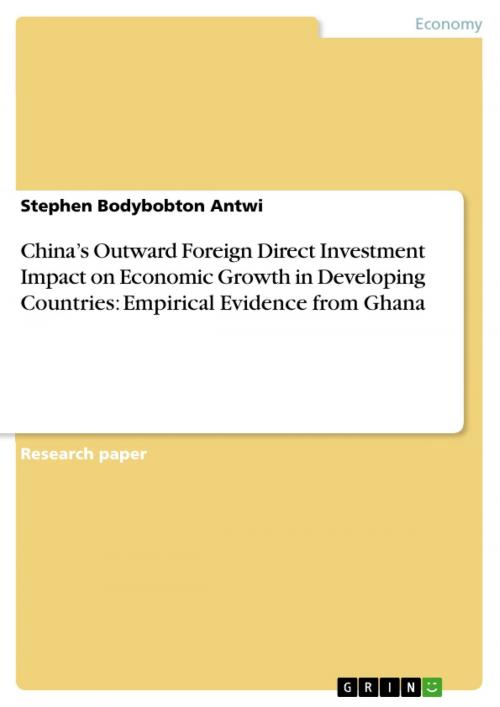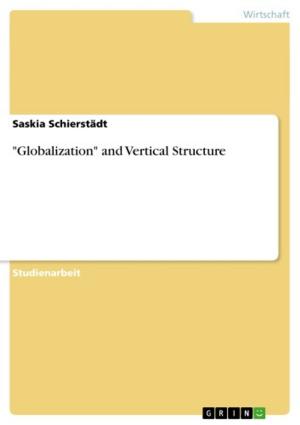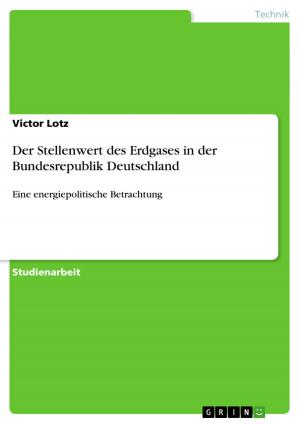China's Outward Foreign Direct Investment Impact on Economic Growth in Developing Countries: Empirical Evidence from Ghana
Business & Finance, Economics, Urban & Regional| Author: | Stephen Bodybobton Antwi | ISBN: | 9783656323174 |
| Publisher: | GRIN Verlag | Publication: | November 28, 2012 |
| Imprint: | GRIN Verlag | Language: | English |
| Author: | Stephen Bodybobton Antwi |
| ISBN: | 9783656323174 |
| Publisher: | GRIN Verlag |
| Publication: | November 28, 2012 |
| Imprint: | GRIN Verlag |
| Language: | English |
Research Paper (undergraduate) from the year 2012 in the subject Economics - Case Scenarios, Xiamen University, language: English, abstract: Foreign direct investment (FDI) is one of the economic growth stimulus due to its associated variables such as capital investment, technical know-how, knowledge transfer and managerial competence required for economic growth. In the last decade, China has emerged on the international financial scene as both financier and investment partner to African economies. Many African economies such as the oil producing and exporting ones have witnessed streams of China's FDI in their economies whereas non-oil exporting ones have accessed some of China's FDI in selective sectors. This paper aims at investigating the relationship between China's FDI and economic growth in Ghana measured by real average annual domestic product (GDP) per capita growth for the period 2001-2010. By using ordinary least squares (OLS) regression model, the result indicates that China's FDI has negative significant effect on Ghana's economic growth. However, it exerts different effects on value added in the three economic sectors.
Research Paper (undergraduate) from the year 2012 in the subject Economics - Case Scenarios, Xiamen University, language: English, abstract: Foreign direct investment (FDI) is one of the economic growth stimulus due to its associated variables such as capital investment, technical know-how, knowledge transfer and managerial competence required for economic growth. In the last decade, China has emerged on the international financial scene as both financier and investment partner to African economies. Many African economies such as the oil producing and exporting ones have witnessed streams of China's FDI in their economies whereas non-oil exporting ones have accessed some of China's FDI in selective sectors. This paper aims at investigating the relationship between China's FDI and economic growth in Ghana measured by real average annual domestic product (GDP) per capita growth for the period 2001-2010. By using ordinary least squares (OLS) regression model, the result indicates that China's FDI has negative significant effect on Ghana's economic growth. However, it exerts different effects on value added in the three economic sectors.















